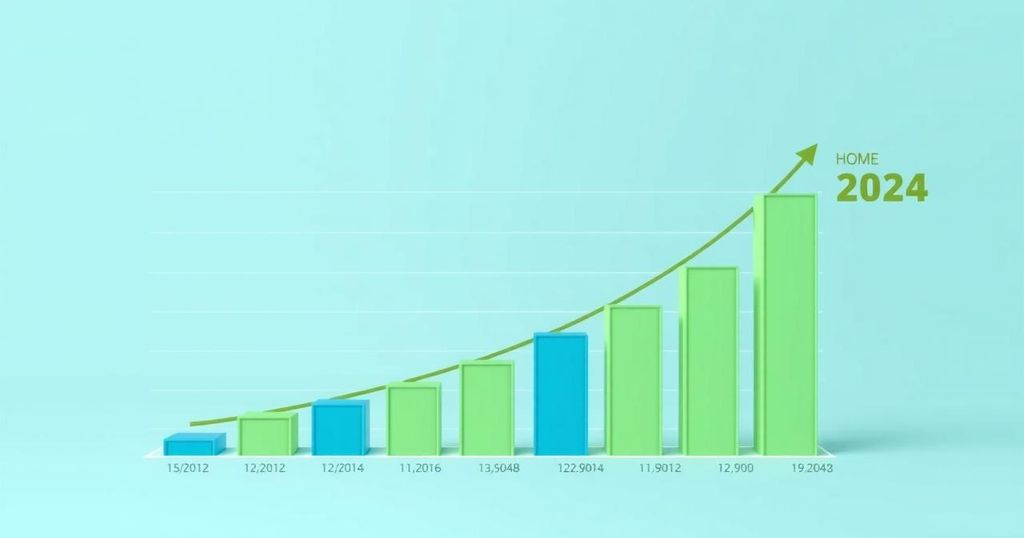Ghana’s inflation rate decreased to 23.1% in February 2025, driven by a decline in food inflation to 28.1%. Key regions experienced notably high inflation rates, particularly Upper West at 49.8% for food. Overall, price increases in food categories have raised concerns, even as non-food inflation also declined slightly.
In February 2025, Ghana’s inflation rate experienced a slight decline, decreasing to 23.1% from 23.5% recorded in January. This decrease was largely attributed to a 1.8% reduction in food inflation, which is crucial in shaping the overall economic landscape.
Key statistics reveal that food inflation stood at 28.1%, down from 28.3% in January, while non-food inflation decreased to 18.8% from 19.2%. Particularly, the Upper West Region noted the highest food inflation at 49.8%, and the Savannah Region reported 48.6% in food inflation.
Government Statistician, Professor Samuel Kobina Annim, noted a consistent decline in food inflation over the past four months, reporting a total decrease of 2.0 percentage points since November 2024. However, despite this decrease, the February inflation rate is still the third highest within the past ten months.
Certain food categories experienced significant price increases, including ready-made food and other products at 45.5%, cereals at 38.6%, fish and seafood at 26.5%, and vegetables and tubers at 28.1%. Conversely, the non-food inflation rate showed only a minor drop from January, further indicating a complex economic environment. The Upper West Region not only led in food inflation but also recorded a second-highest non-food inflation rate of 24.0%.
In summary, Ghana has witnessed a marginal decline in inflation to 23.1% in February 2025, primarily due to a decrease in food inflation. The ongoing downward trend in food inflation over the past four months is a positive indicator, despite food prices for various categories continuing to rise sharply. The economic landscape remains complex, marked by regional disparities in inflation rates.
Original Source: www.ghanaweb.com






